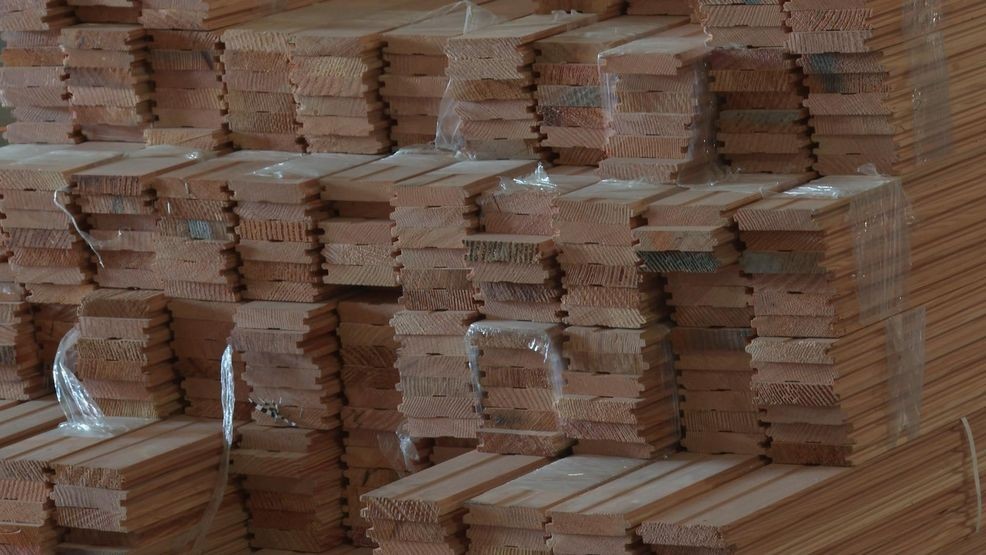CEDAR RAPIDS, Iowa — A new report from the U.S. Census Bureau shows a drop in new homes being built. According to a University of Iowa economics professor, factors such as the cost of construction materials, higher interest rates, and changes in the labor force are all contributing to the slowdown.
David Frisvold with the University of Iowa says these changes can affect a wide range of people, including homeowners, buyers, builders, and even renters.
“A change in the overall supply of housing is going to influence not just people who are purchasing houses, but also people who are renting from others who have purchased,” Frisvold said.
The report notes a decline in housing completions. Although there’s a slight increase in privately owned housing projects getting started, the number of building permits being authorized is also going down.
Frisvold says that while supply may show an excess, the demand side is more complicated.
“I would say a handful of things are going on with the demand side. Some of it is uncertainty that individuals are facing in terms of whether or not to make new purchases. You have a lot of uncertainty in the labor market, a lot of uncertainty related to inflation, and you have high interest rates. Those are just some of the reasons why people are less willing to make new home purchases compared to a few years ago,” Frisvold said.
Mark Prahm, who owns and operates a construction company in Cedar Rapids, says that while his business is still moving forward, he’s noticed a slowdown in certain areas. According to Prahm, the shortage in the labor market is apparent in the number of construction crew members available for some jobs.
“Obviously, there’s not as much demand as we’re seeing now in the market. When there isn’t as much demand, some of those larger crews—whether it’s your HVAC guys, your plumbing guys, your electrical guys—just don’t have as many employees to send out to job sites,” Prahm said.
Frisvold says some of these changes are the ripple effects of tariff discussions. He added that high interest rates continue to impact individuals, whether they’re trying to secure loans or buy a house—and this could also affect mortgage rates.
“There’s going to be a lot of uncertainty related to tariffs, and the tariffs are also playing a role in interest rates,” Frisvold said. “So some of that’s just the uncertainty. And with higher interest rates, you’re going to see fewer loans to undertake new projects. You’re going to see fewer loans to purchase new homes.”
There’s still uncertainty when it comes to both interest rates and tariffs, but for now, experts say the housing market is holding steady.
